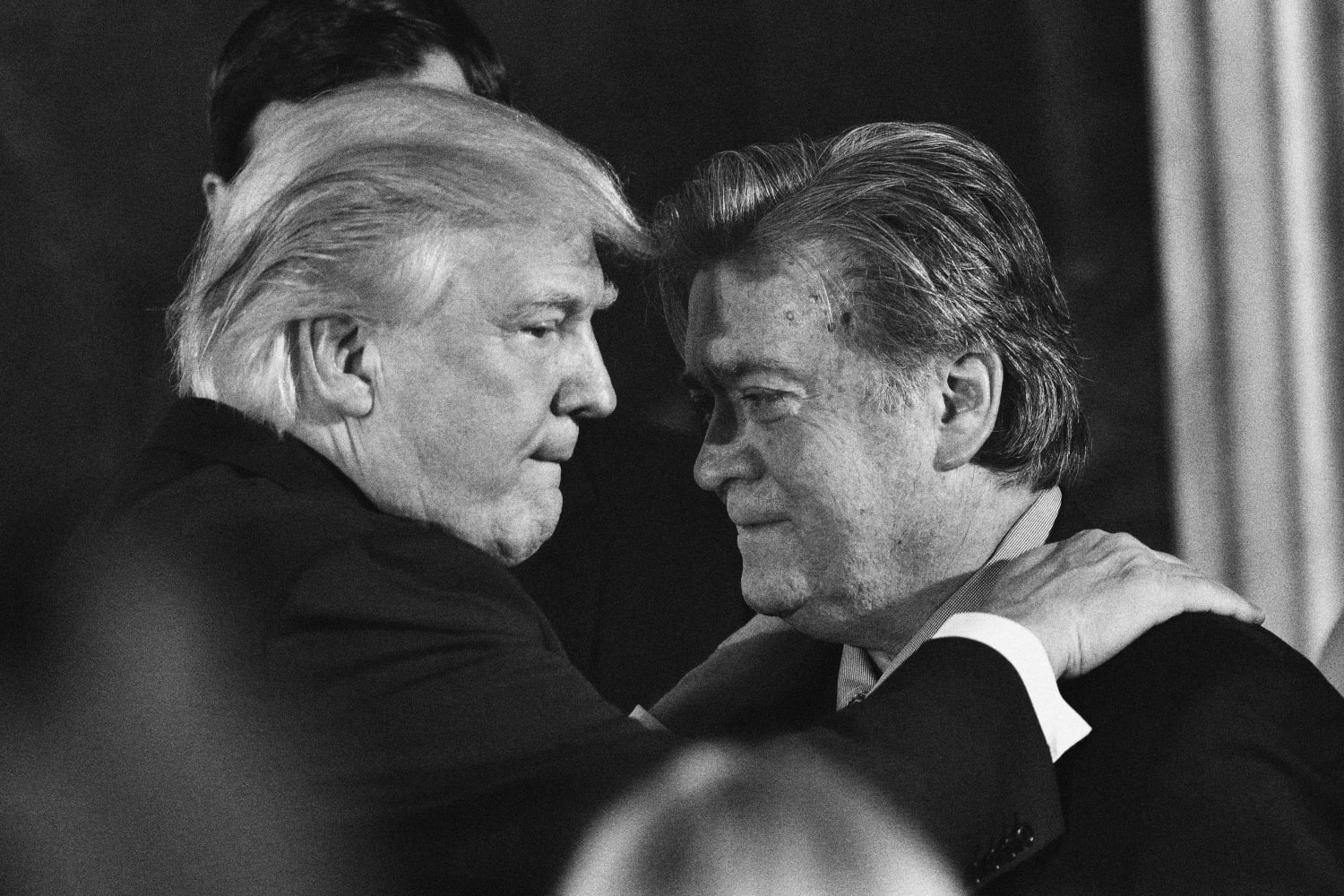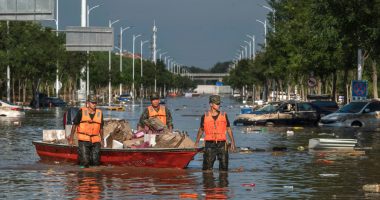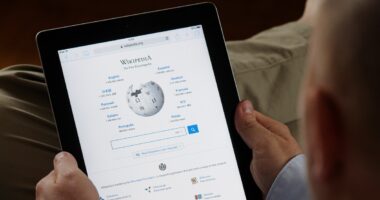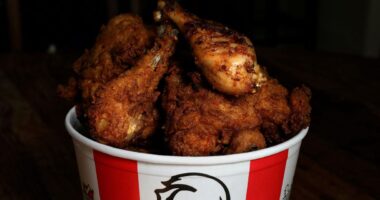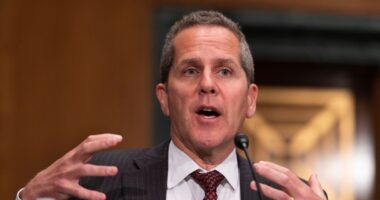The lead-up to the contempt of Congress trial of former Donald Trump adviser Steve Bannon may reveal more about the former president’s planned defense strategy than what defense Bannon intends to raise.
Bannon is going to trial for his refusal to comply with the Jan. 6 House select committee’s subpoena for months. In a last-ditch effort to weasel his way out of his upcoming trial, he requested a delay and said he would now be willing to comply with the committee’s investigation. What caused this change of heart? A letter from Trump on Saturday claiming that he had invoked executive privilege but was now “waiving” it.
It seems like we are seeing an approach to throw everything at the wall and see what sticks.
However, the value of Trump’s magnanimous gesture in waiving executive privilege to help Bannon was somewhat undercut by a filing from the Justice Department on Monday. In it, the public learned that Trump lawyer Justin Clark told the FBI about two weeks ago that Trump “never invoked executive privilege over any particular information or materials” and that his counsel gave no reason for Bannon’s “total noncompliance” to the House’s subpoena.
Whether it was this fact or simply a case of too little too late, during a pretrial hearing Monday, U.S. District Judge Carl Nichols (a Trump appointee) denied Bannon’s request for a delay. He also rejected nearly all of Bannon’s planned defenses, meaning he cannot even raise them in his trial. This frustrated Bannon’s lawyer enough to ask the judge: “What is the point of going to trial here if there are no defenses?”
Given all the details, while Trump’s letter might seem like an effort to aid Bannon’s defense, it does more to offer a glimpse into the potential current thinking of Trump’s defense team. It seems like we are seeing an approach to throw everything at the wall and see what sticks.
Until now, numerous legal experts have commonly accepted and repeated that the difficulty of bringing a criminal prosecution against Trump for any charges arising from the events of Jan. 6 and his efforts to overturn the 2020 presidential election is how to prove his intent. In other words, how to push back against any claim that Trump genuinely believed there had been fraud in the election and therefore lacked a criminal intent to overturn the results.
But the Jan. 6 hearings have highlighted a large amount of evidence that could be used to prove Trump knew that there was no evidence of fraud, yet persisted in such actions as asking the Justice Department and the Department of Homeland Security to seize voting machines. A defendant’s state of mind must always depend heavily on circumstantial evidence since prosecutors cannot wiretap their thoughts. It certainly poses many challenges, but when I was a prosecutor, I would have salivated over this amount of circumstantial evidence of Trump’s intent.
Moreover, there’s Trump’s use of nongovernment employees such as Bannon, Rudy Giuliani, John Eastman and Michael Flynn — all of whom were meeting in a “war room“ set up at the Willard Hotel in Washington, D.C., to plan how to stop the certification of the election results. It gives the appearance of people outside the government trying to interfere with the election.
Given the Jan. 6 committee’s growing list of witnesses and evidence of Trump’s intent to overturn the election, his legal team may be feeling the need to bolster further the idea that Trump lacked criminal intent because he really believed that the election results were tainted by fraud.
Saturday’s letter to Bannon helps Trump’s team try to do this. By claiming to have invoked executive privilege and now waiving it, Trump makes it appear that he viewed his communications with Bannon as part of a legitimate approach in his capacity as head of the executive branch.
It is an attempt to extend the penumbra of the Oval Office to outsiders who may have been actively strategizing to stop the normal workings of the government.
A separate letter from one of Bannon’s attorneys, Robert Costello, was sent to the House select committee. It stated, “Trump has decided that it would be in the best interests of the American people to waive executive privilege for Stephen K. Bannon, to allow Mr. Bannon to comply with the subpoena issued by your Committee. Mr. Bannon is willing to, and indeed prefers, to testify at your public hearing.” The letter from Costello — who has moved to withdraw from Bannon’s case because he may be called as a witness — works in tandem with Trump’s letter to portray Bannon as part of a legitimate brain trust working within the executive branch.
True to Trump’s character, his letter to Bannon is a seeming gesture of support that, in reality, appears only to benefit Trump. Regardless of how ineffective his ploy to waive a privilege he never asserted may be in Bannon’s defense, it re-emphasizes how critical the question of Trump’s intent is for both his defense and prosecutors. The question for the Justice Department is how to prove that the president of the United States — the ostensible leader of the federal government — was trying to overthrow the very government he led. At the end of the day, only Attorney General Merrick Garland can decide if his department has an answer to this question, which may determine the future of our democracy.
Source: | This article originally belongs to Nbcnews.com

